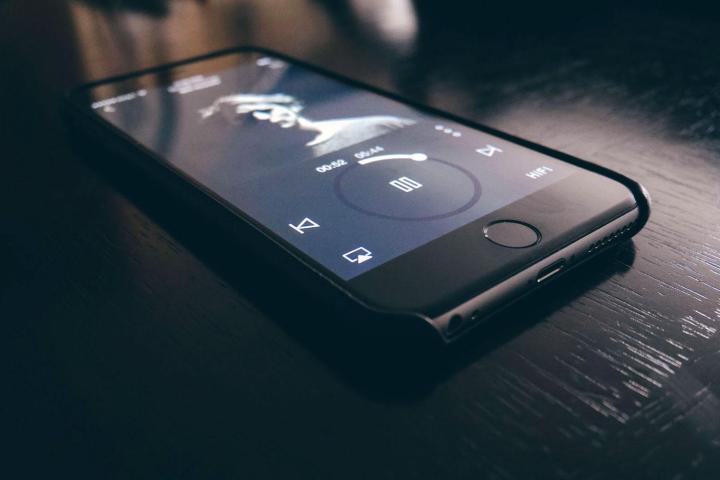
One of the affected former Tidal users happened to be The Verge’s Chris Welch, who found himself charged $20 by the service, the same price as the company’s Tidal HiFi plan. Within a few hours, Welch received an email from the company apologizing for the error, but this wasn’t the end of the story.
Instead of simply reimbursing him for the erroneous charge, Tidal had instead gifted Welch three months of its Tidal Premium service to make up for the error. As he’d obviously made a decision to leave the service previously, this didn’t seem like the best way to make up for the error.
It got even worse when Welch signed into his Tidal account and found that his account was set to automatically renew in three months. It turned out that this too was a mistake on the company’s part, and now the company has done what it should have all along.
“Rest assured, we’ve already refunded any charges,” Tidal wrote in a statement issued to Engadget addressing the incident. “Accounts haven’t been renewed, but we have offered a three-month complimentary trial of the premium service on top of the refund as an apology that will not be auto-renewed upon completion.”
It’s unclear just how many users have been affected by this issue, but it’s clear from reports of the incident on social media that Welch wasn’t alone. While the company eventually made good and issued refunds, this isn’t the kind of news that Tidal needs right now.
Last year Tidal saw three different CEOs hired in a period of just over six months, which is never good news for a company. With Apple Music rumored to begin streaming high-resolution audio, the one solid advantage Tidal has could be on the way out the door.
Editors' Recommendations
- Sonos app gets a major overhaul as the company prepares for next-gen products
- Tidal vs. Spotify: Which music streaming service has the features you need?
- What is Tidal? The hi-fi streaming music service fully explained
- Tidal launches Circles, a social network for musicians
- Tidal has rolled all of its premium features into its $11 per month plan


